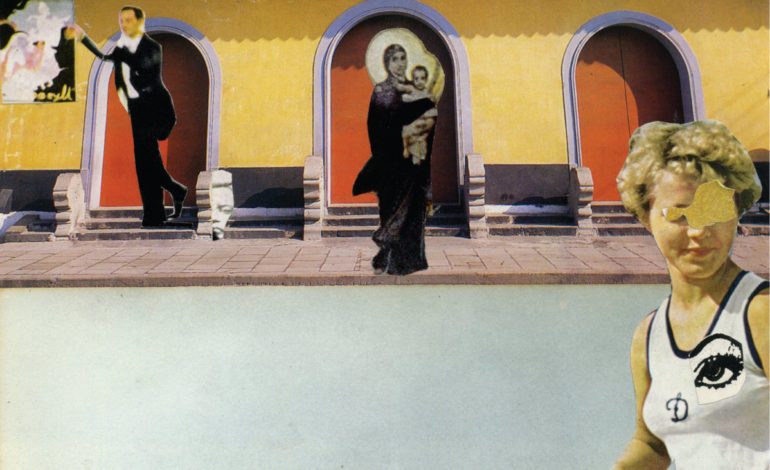

’60s nostalgia combined with modern indie-rock
Cub Scout Bowling Pins is the latest project from Doug Gillard, Kevin March, Mark Shue, Bobby Bare, Jr. and Robert Pollard from Guided by Voices. With no distinction in terms of members from Guided by Voices, details remain hazy regarding the new name for the band. Regardless, the EP Heaven Beats Iowa feels like nostalgia-driven pop-rock, with sounds reminiscent of both ’60s pop and modern indie rock.
Despite the lack of typical song structure, the EP’s production largely has a groove to it that makes each one of the short songs (the longest is two minutes and 49 seconds) memorable. With each respective song having distinct instrumentals, they distinguish themselves from one another. For example, in the song “Moon Camera,” the band employs the distorted guitar as well as many percussion instrumentals to have a dream-like atmosphere. Looking back seems to be inherent to the EP’s core ideas.
Especially in the song “School School,” there is an almost stereotypical depiction of adolescence. Much like a 1980s pop ballad such as the iconic “Don’t You (Forget About Me),” there is a sense of rebellion against the establishment. However, instead of the sound being much more modern in aesthetic, it takes a page from the past, as if looking back into what once was. Its energy is in this past rhythm, which gives it its strength. Delving into distortion, the song ends with a sense of entropy of lost youth.
This transitions into “Funnel Cake Museum,” which begins to remind one of modern bedroom pop, moving into the more nostalgic sounds prevalent in the rest of the album. It stands out as one of the longer tracks of the record, placing an emphasis on the image of a woman within this fictional museum. Probably the most catchy tune on the record, there is a sense of joyfulness within the more bittersweet notes of the chorus. It truly acts almost as if a time machine, pushing the song’s sound in a direction that reflects a certain imagery. Like much of the record, it directly evokes imagery within the listener, bringing them into the places they are describing.
As like much of indie rock today, pop influences are noticeable. In 12 short minutes, people cannot help but to reminisce for memories that were never made. Every moment seems to envelope oneself in the radio-fare of the early 1960s, especially with surf rock. It seems to reflect the childish ideals surrounding school, or even events associated with it. The titular track evokes an image of a traditional football game, the instrumentals reflecting a sort of carnivalesque nature to the tune.
As the name of the band suggests, there is a certain reverence for the past that Heaven Beats Iowa evokes. Even when suggestions of it slipping away are made, there is a clear love and appreciation for early forms of the musical genre. It makes the EP distinct in its sound, yet thoroughly familiar and enjoyable. The only remaining question one has to ask when it is over is how it couldn’t be any longer.
